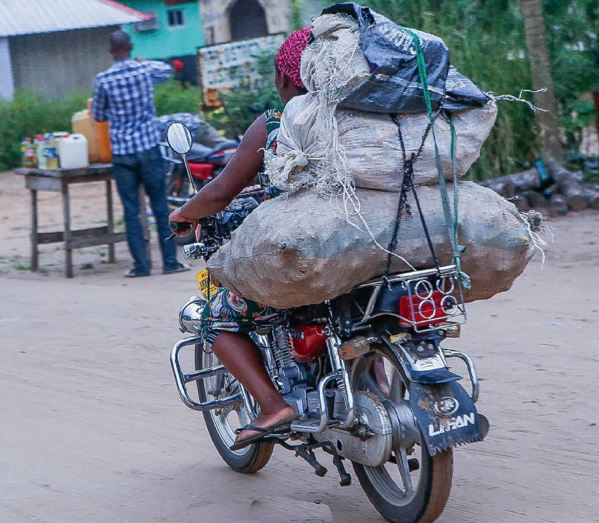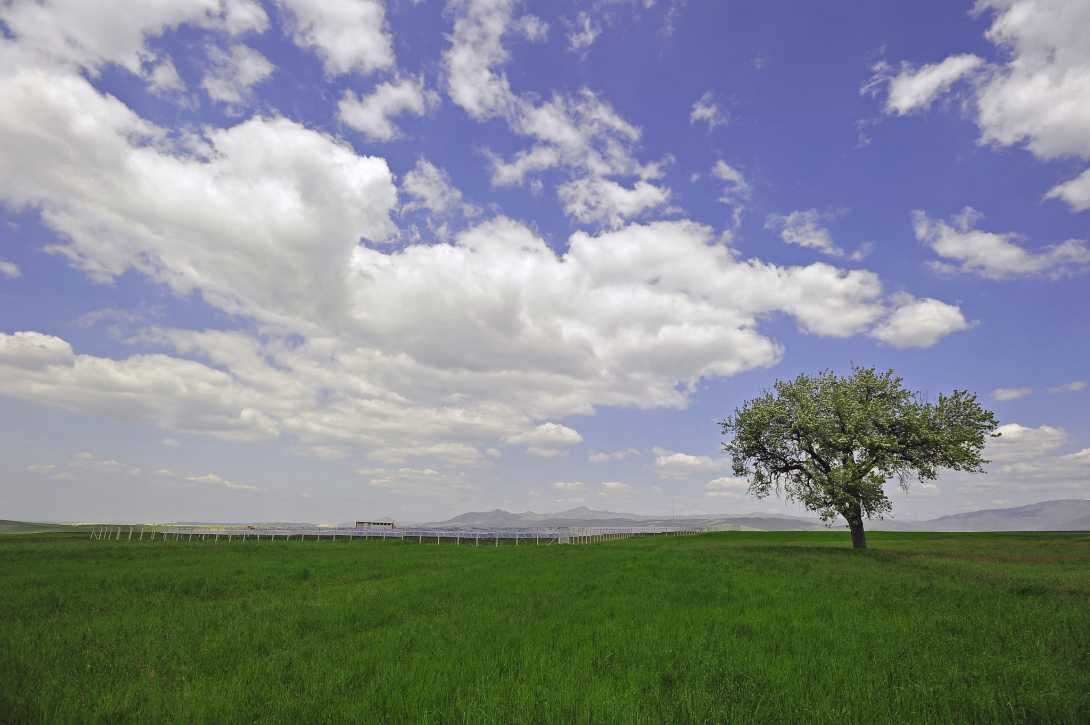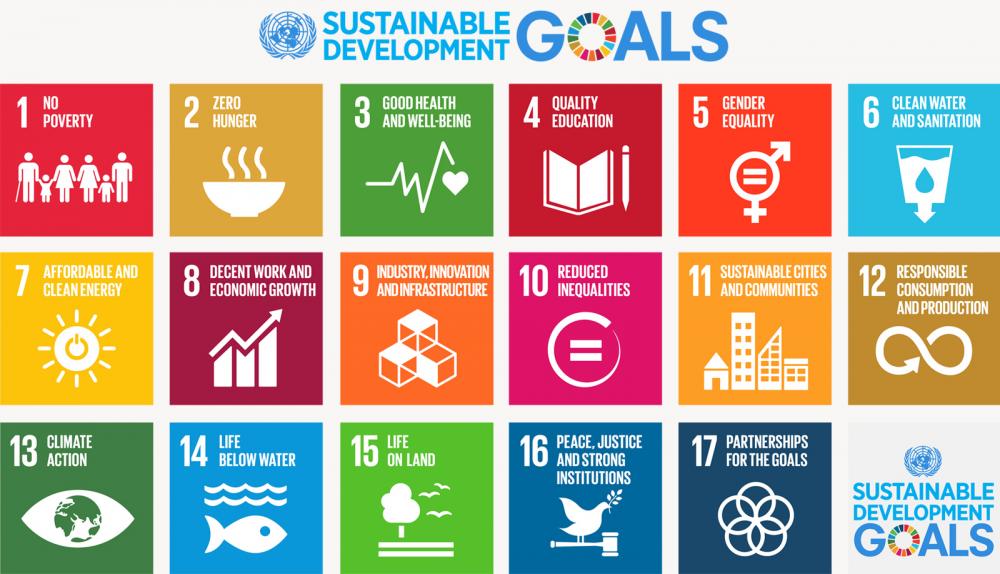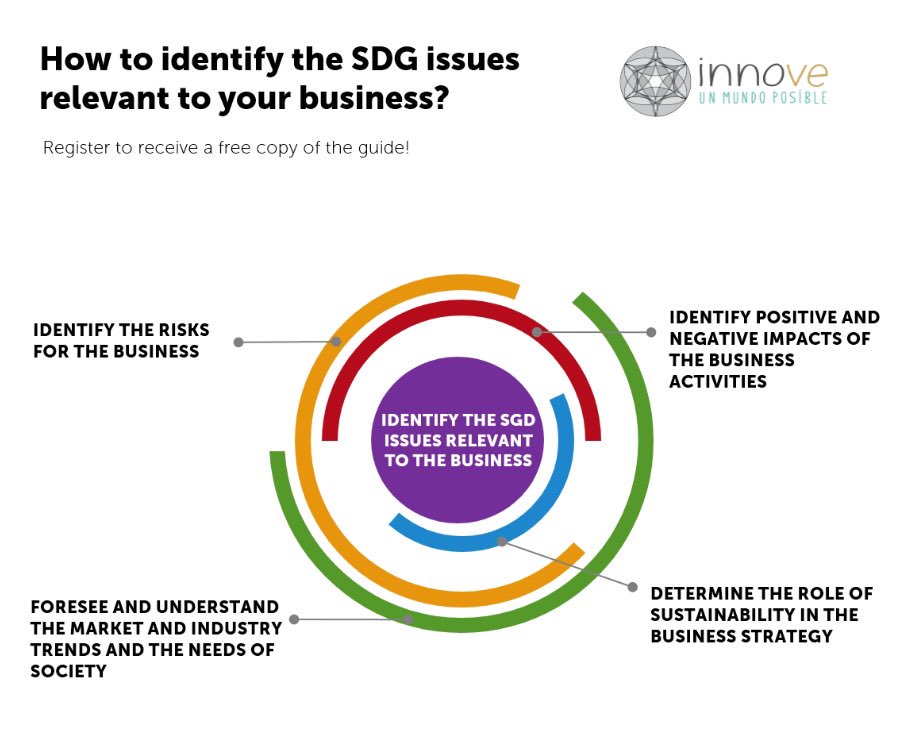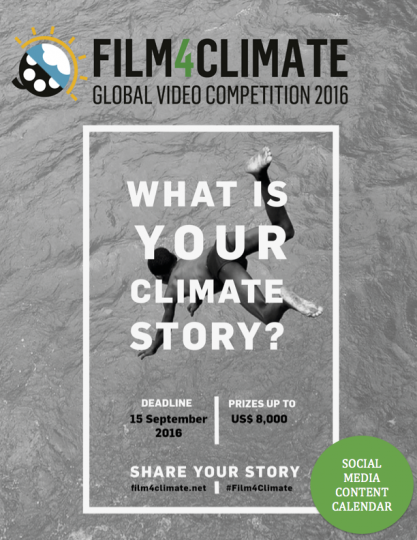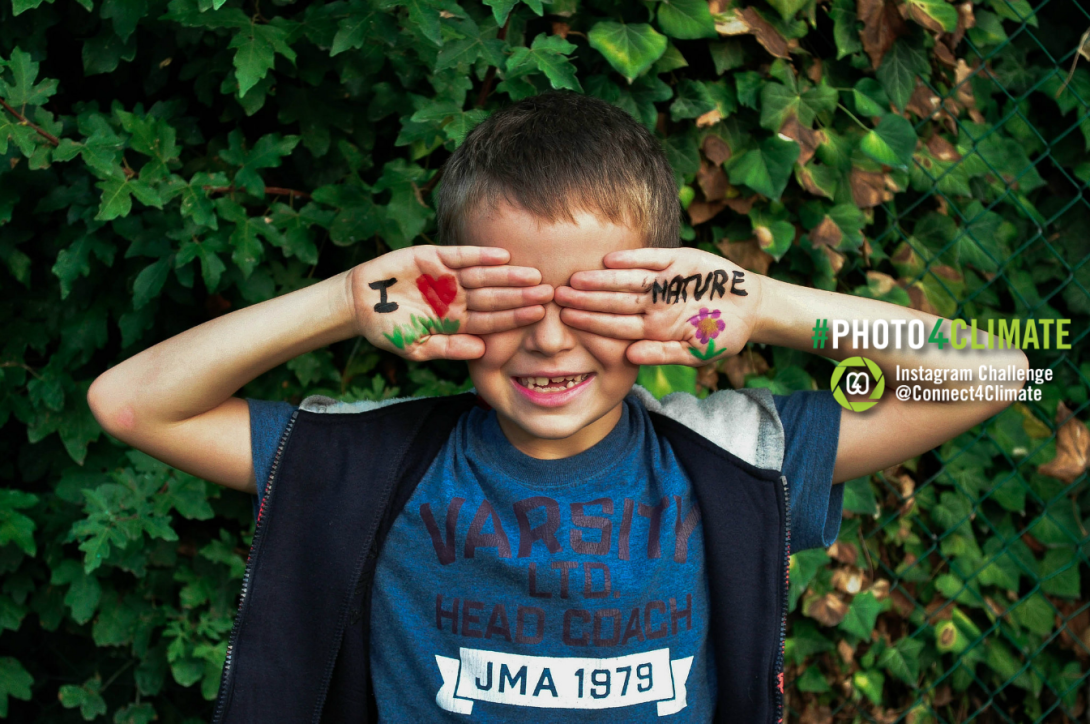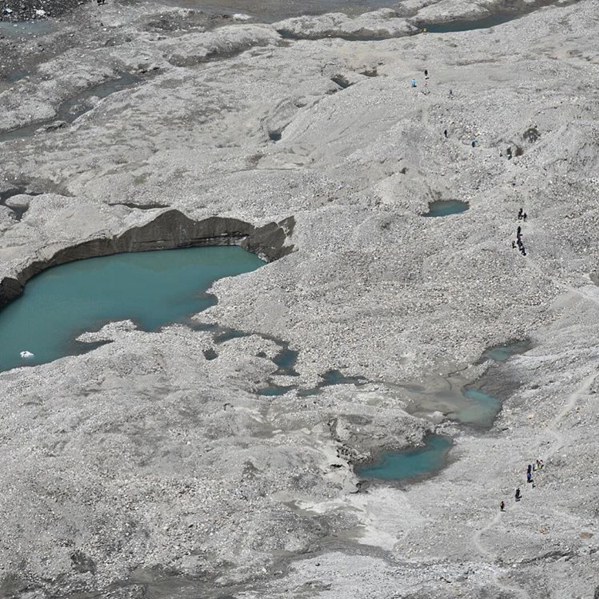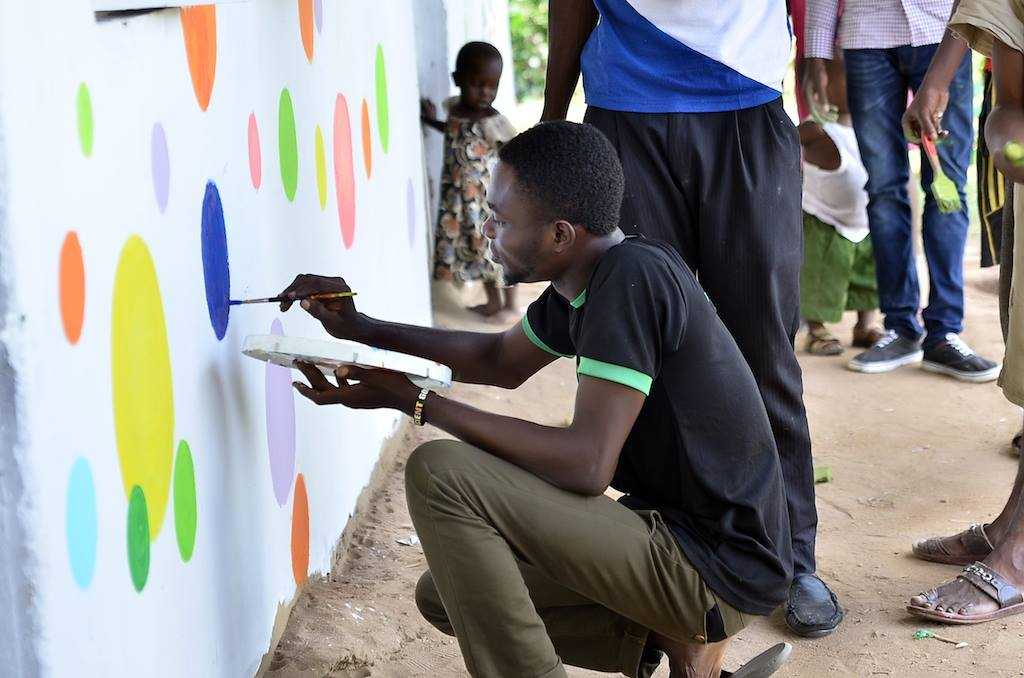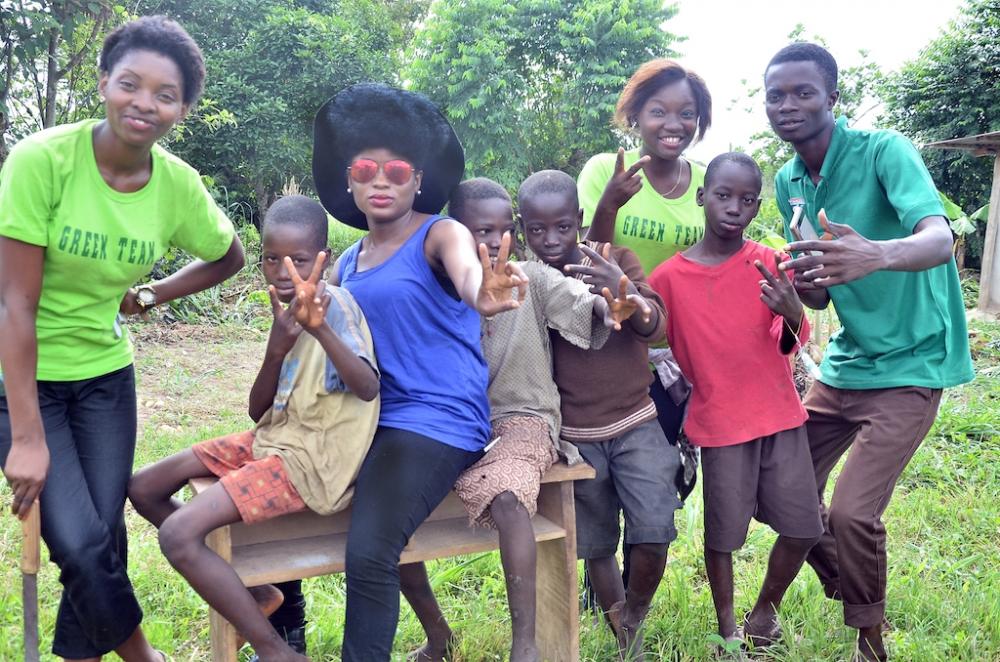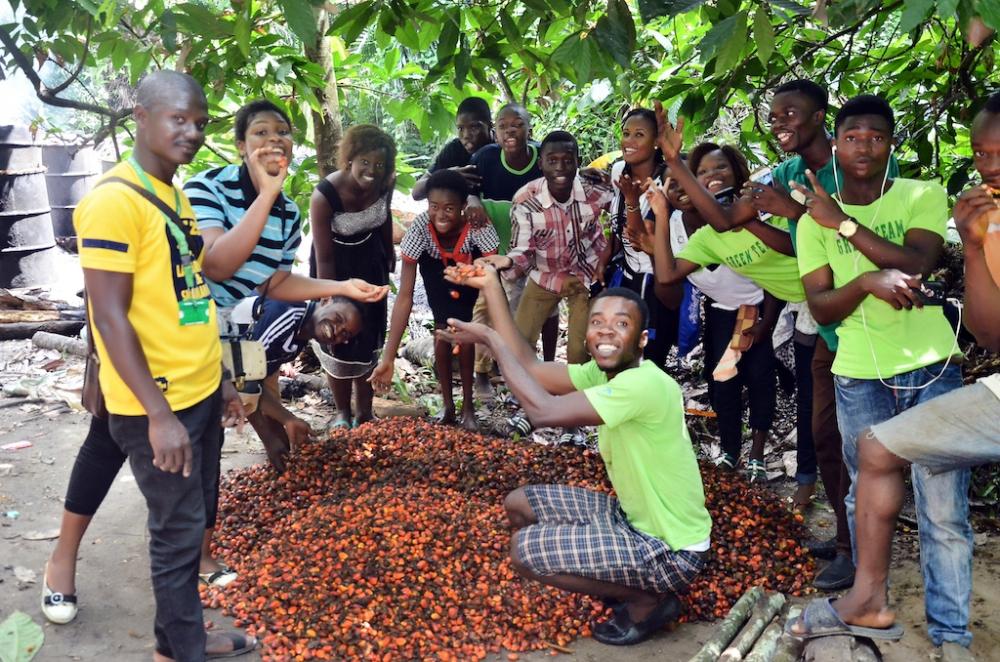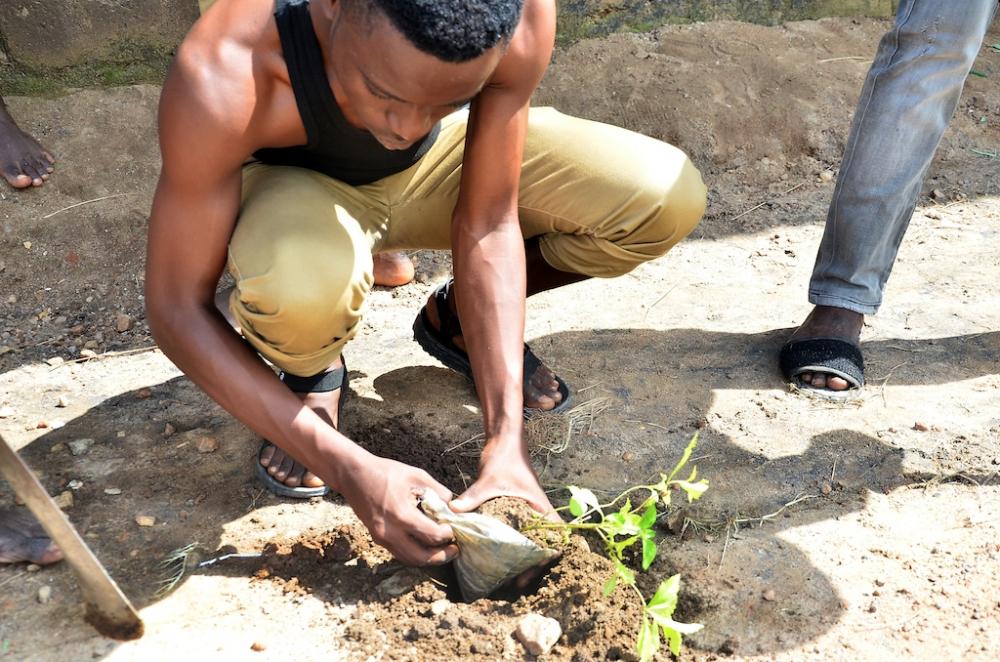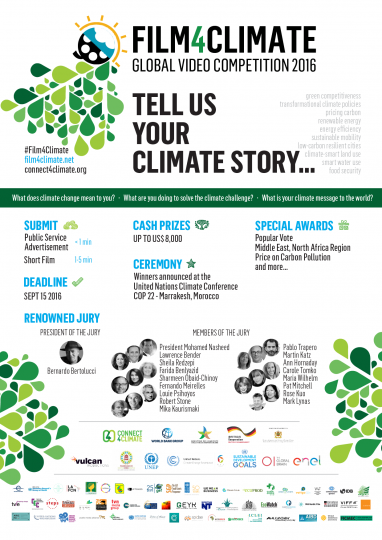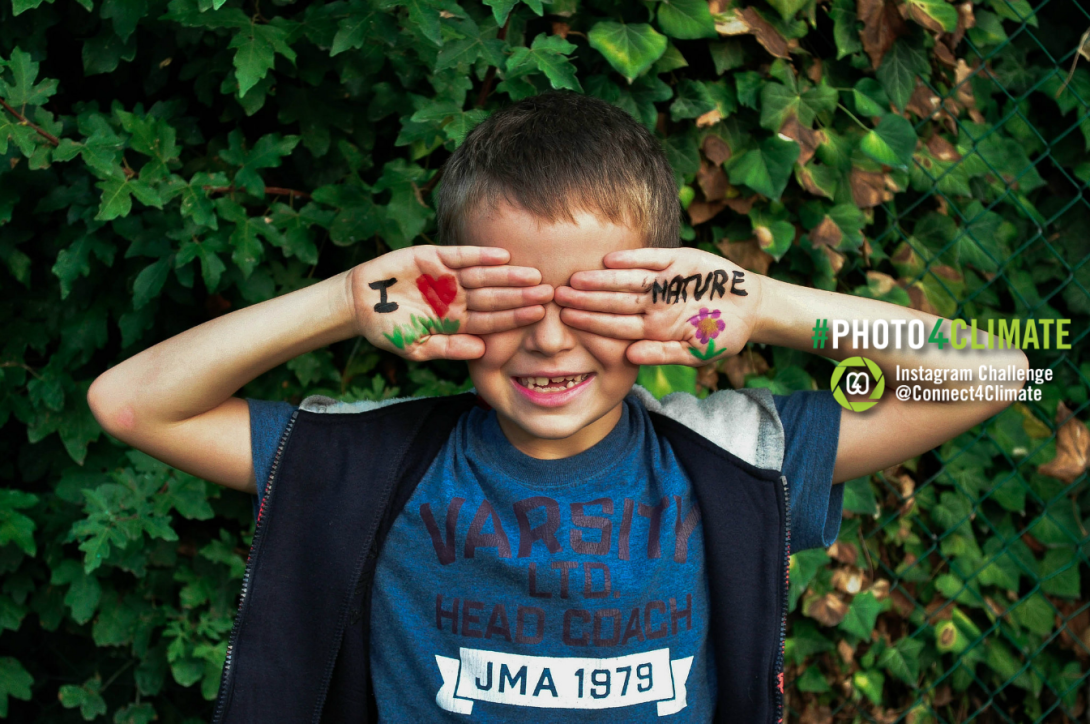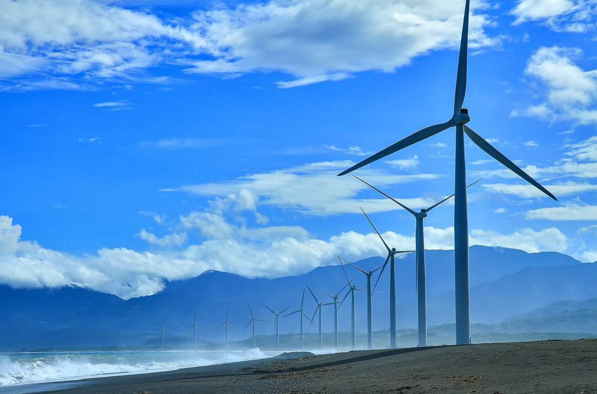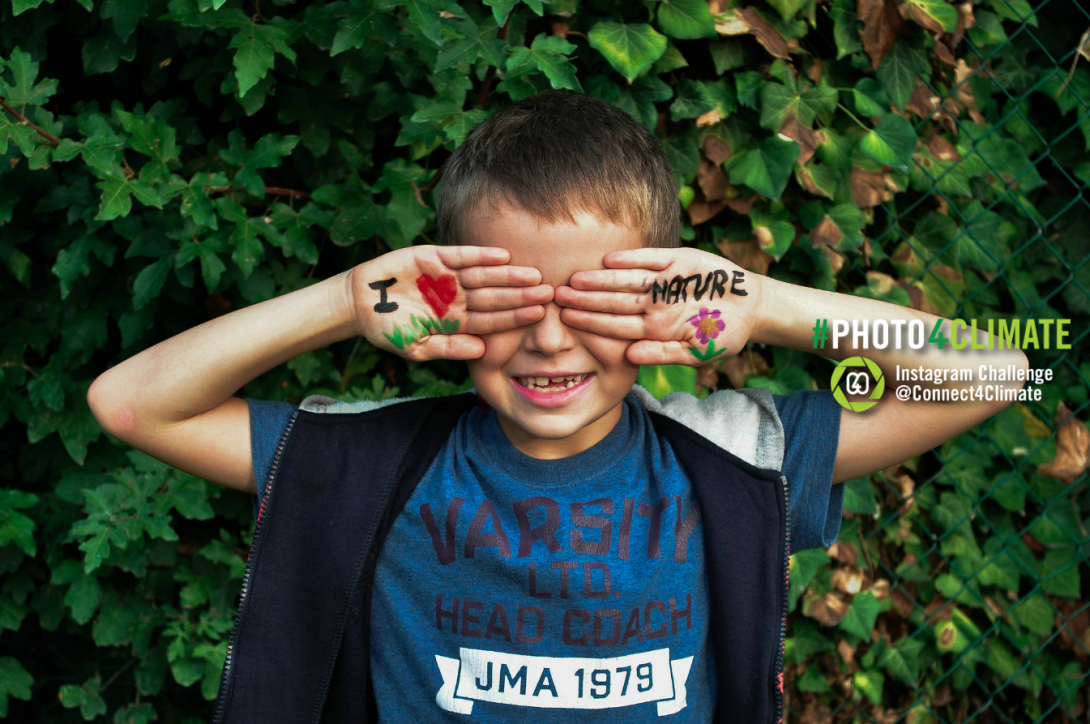
Gender Equality is a Human Right. It is also fundamental for a peaceful, prosperous and sustainable world. Women are entitled to live with dignity and with freedom. As the 5th Sustainable Development Goal - to achieve gender equality and empower all women and girls - it means that we have to work together in order to provide women and girls with equal access to education, health care, decent work, and representation in political and economic decision-making processes that will fuel sustainable economies and benefit societies and humanity at large.
This week you've accepted the challenge of sharing with us a visual story connecting #GenderEquality and #ClimateChange. Oluwaphemmy - the week's Finalist - showed us, with a great picture, how women are able to earn a living in Delta (Nigeria). Congratulations: your image really exemplifies the topic of gender equality!
Take a look at the original caption:
Hardworking female farmer coming from farm with some of her harvest on her bike. Farming can give women a chance to control more income and reducing gender inequality. Location: AMAI town of Delta state Nigeria.
Photo Credit: Femi Jahplus/ Oluwaphemmy
